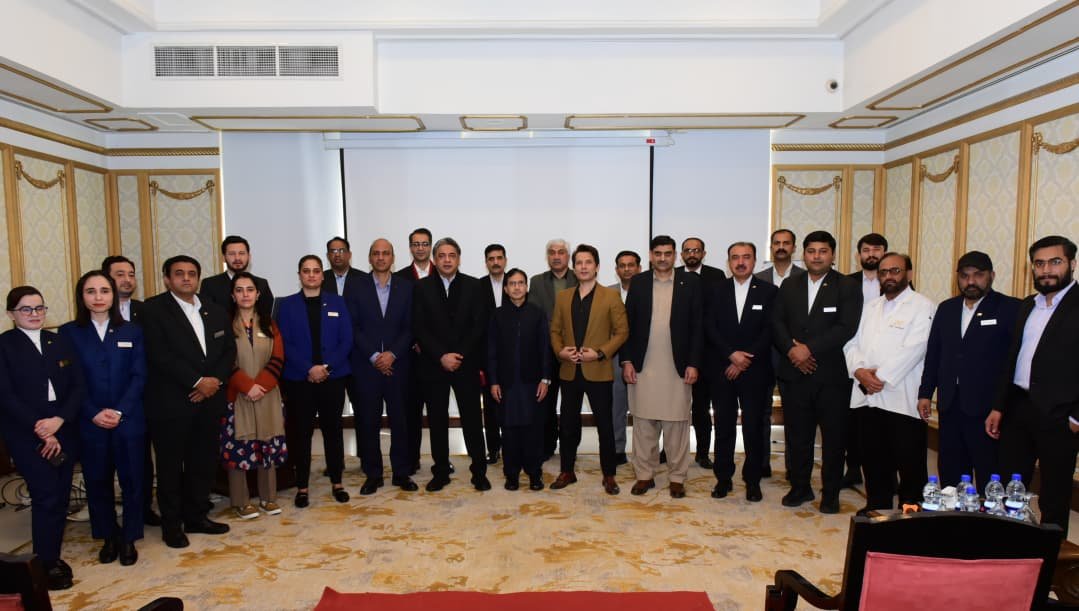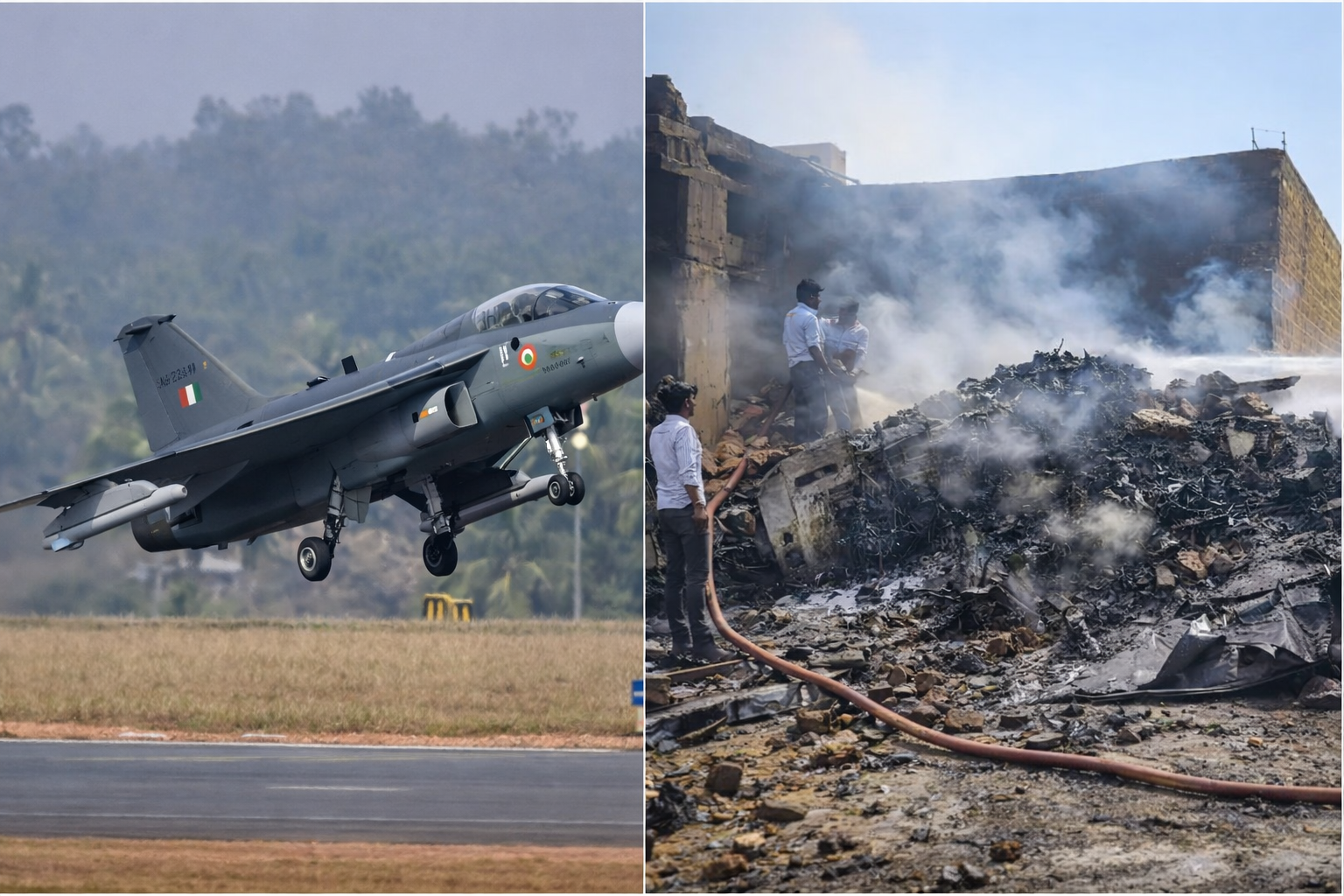By: Iftikhar Khattak
If you believe you know what the state is, then maybe you have simply been informed of what you were ‘authorised’ to know. However, have you ever thought that what you think is the state may just be a shadow — an idea born somewhere else, and you only saw its reflection? Maybe the state exists in some form even larger than you thought possible, or maybe it never existed at all. Most of the things are not what they seem — the state could be one of them. Let us try to make sense of those stakes in simpler terms.
I perceive the state as more than just a geographical or legal idea. It is more than simply a flag, a national song, a seat at the UN, and a boundary on a map. Public welfare, protection, dignity, justice, education, and health are actually under the purview of the state. A state that fulfils its obligations to its citizens under the constitution, the law, and morality.
Four components — population, territory, government, and sovereignty — are used by international law to describe a state. However, if “public welfare” is not included in these, the other three components are just meaningless models. Does a state qualify as a true “state” just because these components are present? Does a state lose its legitimacy if it is unable to provide its people with essential services like safe drinking water, medical care, education, and security?
Serving the people is the state’s primary objective, not only maintaining the government or exercising power. The standard of living of the citizens of a nation is a better indicator of its success than its military might or foreign policy. Are they educated? Are they secure? Do they have jobs, access to healthcare, and clean water? Such a state only exists on paper, not in reality, if the response to these questions is “no.”
The Reflection of State Failure
I come from a district where the state’s neglect has made daily life an open book. Even though my district’s major gas pipeline connects my village to other districts, we still use wood to cook in our houses. In many areas, gas pipelines pass underground, although wood is still used in household stoves. Several locations along these pipelines have security installed to prevent connections from being made by those who have a complete right to this gas. Furthermore, in addition to their usual wages, the government gives these security forces an extra fifteen to twenty thousand rupees for this very purpose.
Similarly, there are months of load shedding even when there are dangling electric cables. Many places lack tube wells, and in those that have, there is no water since there is no electricity. It would be like expecting a starved person to pay for food that was never provided if you demanded gas or power bills from them. Despite the installation of tube wells in our area, there is no water since there is no power. “Why don’t you pay the bill?” is another question that some people ask. Instead, the question should be: Was the service for which the bill is being requested ever provided in its entirety?
Our schools are just walls. The building remains incomplete, and it lacks a computer, a library, vocational training, and vocational education. The attitude of teachers toward students is as if they are subjects and the teachers are rulers. Bribery and nepotism are more prevalent in hospitals than in the medical field. Doctors are frequently absent, leaving patients helpless.
It would be an understatement to refer to the roads as “roads” at all. In certain areas, bridges are desperately needed because they are the only major roads and people are unable to cross them during rainy seasons. There is a security issue in some areas, yet there is no infrastructure, no police, and no one to listen to complaints. There is nothing left but poverty, solitude, and the lack of the state. Stated differently, security is present where it should not be and lacking where it ought to be. Now one must wonder: Is this the state we should be proud of? The one in whose name identity cards are issued, votes are taken, but every essential need bears the seal of deprivation.
The majority of rural and semi-urban communities in the country share this sorrow, thus it is not limited to any one place. The state is present everywhere — in files, legal documents, and international affairs — yet it is not present in people’s daily lives.
State: Not Just the Name of Power
The term “state” refers to a relationship rather than a position of authority. Sadly, the state of Pakistan has operated more as a security state than a social one. It becomes a crisis of balance when the state ignores the hunger, fear, education, health, and employment of its own inhabitants in favour of defending borders, military spending, and international relations. The improvement of the lives of its citizens should be the state’s primary focus, not merely its flag, anthem, or arsenal. A state is merely an administrative entity if it strengthens only its borders, but its people continue to live in fear on a daily basis. What is worth considering is that even then, the borders are not safe.
If the state is only what holds a seat in the United Nations, waves a flag, and hosts ceremonies, then it is merely a performative entity — a soulless body. The real existence of the state is when it serves the people, shares their pain, and makes their lives easier.
Sadly, in Pakistan, the state remembers the “people” only on election days. After that, the people become mere numbers — in electricity bills, water connections, or police FIRs. The state neither listens to their questions nor sees their sufferings.
Beyond Platonic ideals, modern political philosophers such as John Locke remind us that the state is only legitimate when it defends the people’s basic rights, which include life, liberty, and property. According to Locke, it is not only the people’s right but also their moral and political obligation to oppose and change a state that disregards their rights, overlooks their opinions, and shows no interest in their problems. He asserts that the people have the right to change the system if the ruling class ignores the interests of the general population. Therefore, asking questions is not a sign of rebellion; rather, it is a necessary and acceptable step that leads us from powerlessness to awareness.
Our constitution presents the dream of a welfare state: free education, basic health, justice, employment, and equal opportunities. However, at the ground level, this dream has become a performative narrative. Education is limited to exam centres, health to major city hospitals, justice to the powerful, and employment to the well-connected.
Is this the state that was founded on equality and welfare? Or is it merely an administrative system that uses the people’s names to run the power structure? The constitution of Pakistan promises a welfare state. However, to find the meaning of those promises in most of its own regions is like searching for water in a desert.
Public Criticism: Not Rebellion, But Awareness
Often when a citizen questions state failures, they are labelled as anti-state, ungrateful, or rebellious. Whereas, asking questions is the highest form of patriotism. Questioning is not a crime — it is a responsibility. Public criticism is the first step toward reform. If people remain silent, the system will never improve itself.
Many say: “If you have so many complaints, why do you live here?” We live here because this is our land, and we want to see it better. Criticizing the state does not mean denying one’s identity or country. In fact, the true loyalty of a citizen lies with their people, their society, and their well-being.
If the state becomes indifferent to the welfare of its people, then questioning it becomes a moral duty. We want the state not just on the pages of law, but visible in every home’s kitchen, in every child’s school, in every patient’s hospital bed, and on every passerby’s path.
This question is not just a complaint, but also a voice — a call made with the hope that perhaps the state will awaken, that maybe the conscience of those in power will be stirred and that perhaps our future generations will breathe in a better state.
A New Concept of State: Static Definitions or Dynamic Needs?
I believe that the definitions of the state should evolve with time as public needs are not static. In today’s world, the success of a state is not measured only by military power or foreign relations, but by its citizens’ prosperity, education, health, and human dignity. If a state fails in these aspects, its legal existence becomes meaningless.
The New Standard of State: Not Power, But Welfare
The time has come to take the state structure out of the papers and turn it into a reality. By keeping the definition of the state static, we are perpetuating an inhuman system. To keep the state alive, it must become a living reality for its people.
The success of the state means that: Every citizen has access to clean drinking water; every patient receives medicine and treatment; every child receives quality education, books, teachers, and training; every woman, every minority, and every individual is given protection, dignity, and opportunities.
If none of this is happening, then we must openly say that the state has failed. I do not even recognize a state that is not welfare-oriented. A state is the only one that fulfils its people’s basic needs, gives them protection, provides education, healthcare, and employment, and respects their dignity. A system that operates solely based on power, in which the ordinary citizen’s life is filled with hardship, fear, and injustice, is merely a structure — not a state. If the state is not like a mother, it becomes the face of a cruel ruler, with whom the public’s relationship is of compulsion, not loyalty.
The true state is the one that resides in the hearts of the people. The one that shares in their sorrows.
The one that understands their language and takes practical steps to improve their lives. In addition, if the state fails to do this, then questioning it, raising voices, and demanding change is not just a right but also a duty.
Therefore, if the state truly wants to become a welfare state, it must stand with its people — starting with those areas that have been suffering from deprivation, negligence, and injustice for decades. Until the conditions of these backward areas are improved, and until every Pakistani citizen is seen as an equal human being, the state will remain only on paper — not in the hearts of the people.
The author is a PhD scholar. He can be reached at @IKhattakPhD.







 Today's E-Paper
Today's E-Paper